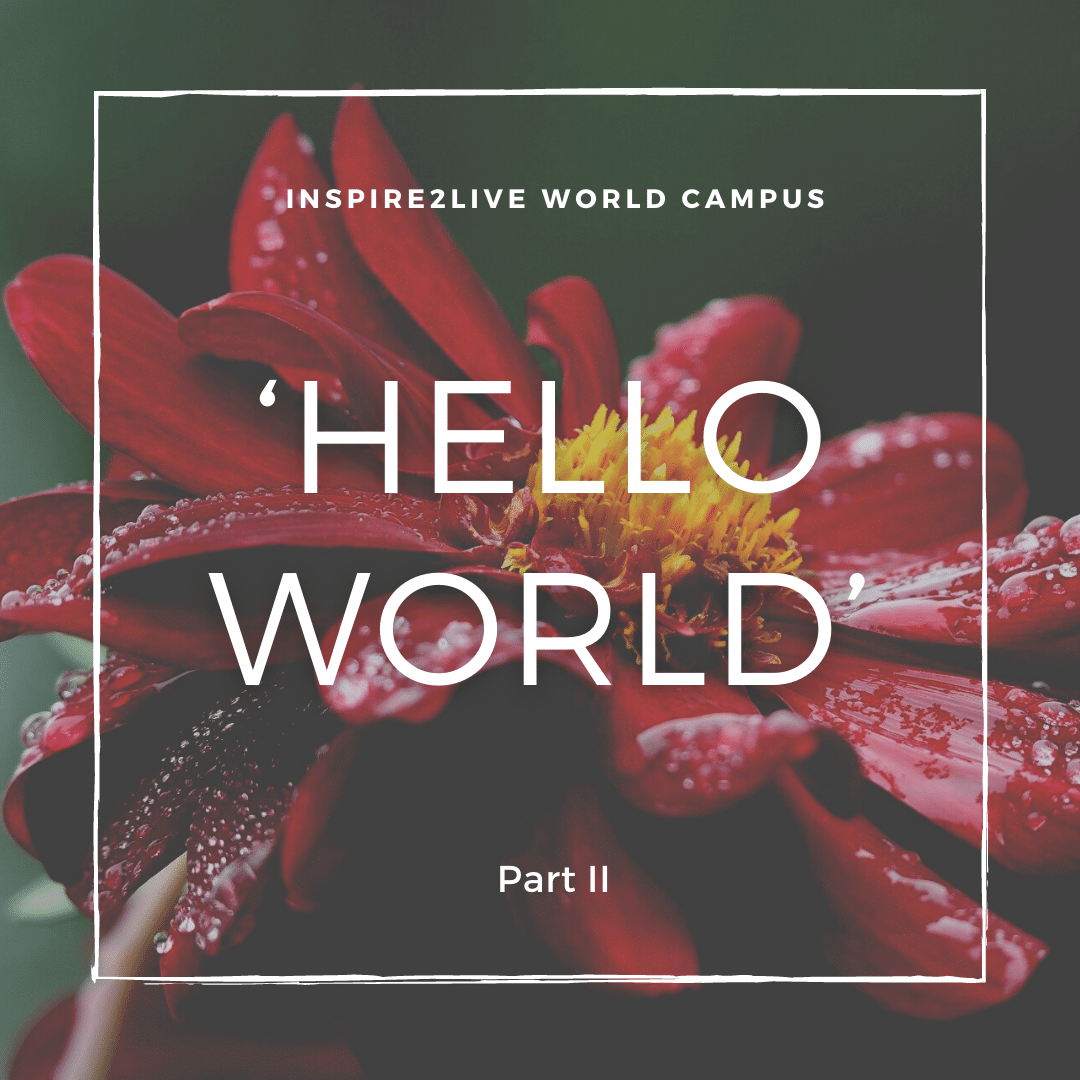In my earlier update I wrote that we are in business with the International Agency for the Research of Cancer, which is part of the World Health Organisation (IARC and WHO respectively). Here is a remark by the official that I found particularly interesting. Clement Chauvet at some point said the WHO is often perceived as an ivory tower. Their new director, Elisabete Weiderpass wants boots on the ground. Hence their interest in us. We are the boots…here part II of our prospectus.
The problems we confront
We step in where others cannot or lack the means to reach out beyond their social, professional or personal boundaries. We reach out at all levels: through community development, science, politics and governance. We reach out beyond boundaries: that is we wish to move beyond existing procedures, to search for, find and initiate new pathways. Naturally, we strive for the achievements to find their way to people who will benefit.
The problems we confront are mostly problems of cooperation and coordination.
We address these problems by connecting individuals and groups, building coalitions, acting as middle-man, speaking as one voice for many, educating, setting up meetings, lobbying, inspiring, organizing exchanges between patient advocates, scientists, caretakers, technicians and a great deal more. Our self-defining event is the Annual Congress, which as rule happens on the premises of the Royal Academy of Arts and Sciences in Amsterdam.
We are acting locally and we are connected globally. It is crucial to avoid partisan involvement in any national or international conflict. This would undermine our mission to empower patients and to improve control over cancer. We adopt the first five of the principles of the International Red Cross:
Our achievements
Inspire2Live has grown since 2010 into a stable, warm, strategically autonomous organization. Looking back, we can discern at least four ways in which the patient advocacy group has made its mark:
- Community development: Inspire2Live expanded from a European-North American-Dutch initiative to a World Campus, encompassing more than 20 nations all over the world, in Asia, Africa, Europe, North and Latin America, and the Middle East .
- Science impact: Inspire2Live has boosted the development of organoids for cancer research in institutions such as the Hubrecht Institute (Utrecht), Cold Spring Harbour Laboratories (New York) and Memorial Sloan Kettering Cancer Centre (also New York).
- Political influence: The Dutch parliament was successfully influenced to vote for DNA sequencing as the standard for metastasized cancer patients. At the EU level Inspire2Live was invited to host a session on the pricing of drugs. Currently Inspire2Live leads an international effort to escalate a trial against the Tobacco Industry. Inspire2Live brought the legal possibility of magisterial preparation to the awareness of the Dutch and European parliament and the academic hospitals.
- Institution building and governance: Inspire2Live is a legal entity, firmly supported by the Central Bank of The Netherlands, by the Dutch Royal Academy of Arts and Sciences, by Health Insurance companies, officials, entrepreneurs and many inspired individuals, patients, doctors, nurses and educators. The World Campus is establishing an alliance and working relationship with the World Health Organisation (IARC).
How we operate
Inspire2Live respects evidence and empirical rigor. However we are a patient organization, not a scientific endeavor. Importantly, as rule we adopt the peer review procedure as the most suitable means to judge the quality of our opinion documents (e.g., regarding vaccination and cancer), manifests (e.g., regarding pain management for pancreatic cancer patients), projects and initiatives. The World Campus is itself a peer reviewed initiative. The review is inclusive yet specific. The essence is independent commentary by equals, and a match between competence and the content to be reviewed.
Two aspects of the peer review stand out:
- The peer review is fully transparent. Thus, reviewers are asked to do their work openly.
- The peer review is engaged. Thus, reviewers are not only asked to comment but also to offer solutions or guidance.
Self-correction
Science is self-correcting because scientists have a culture of mutual correction and use mechanisms to correct one other. Hence, we have adopted the mechanism of peer review to enable active and focused self-correction by an inclusive group of peers: along with scientists, we include relevant experts and patient advocates in the review. In the World Campus, roles, experiences and expertise’s can overlap.
Jan Gerrit Schuurman
Patient Advocate Inspire2Live

